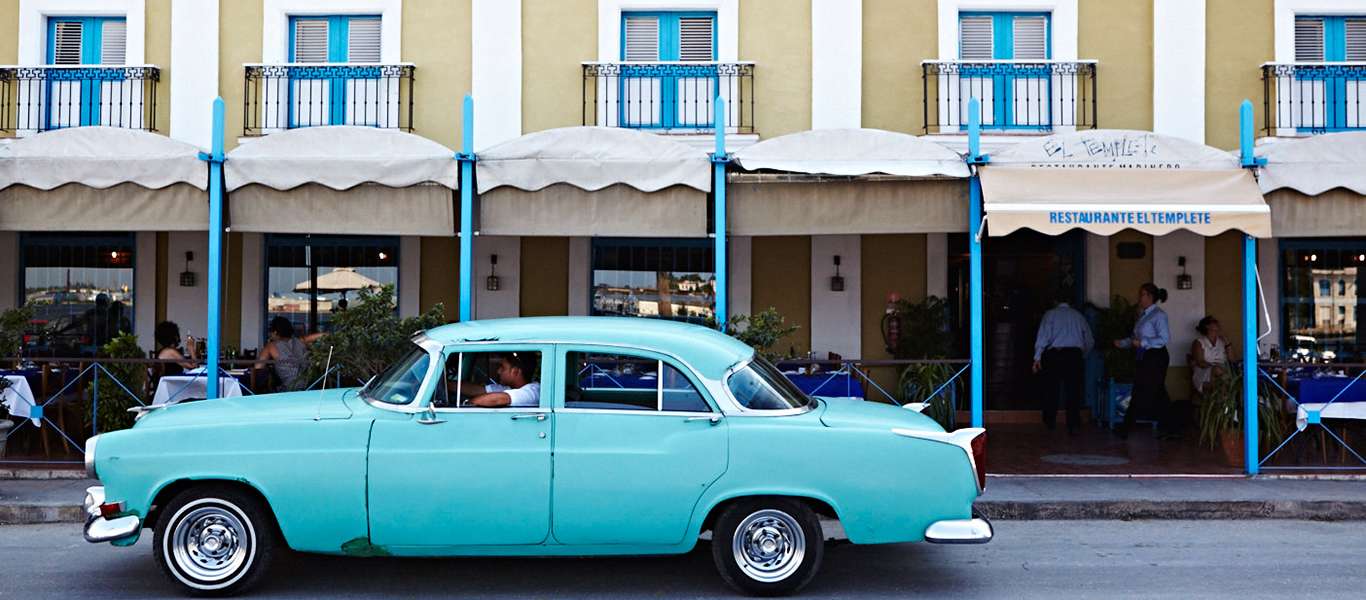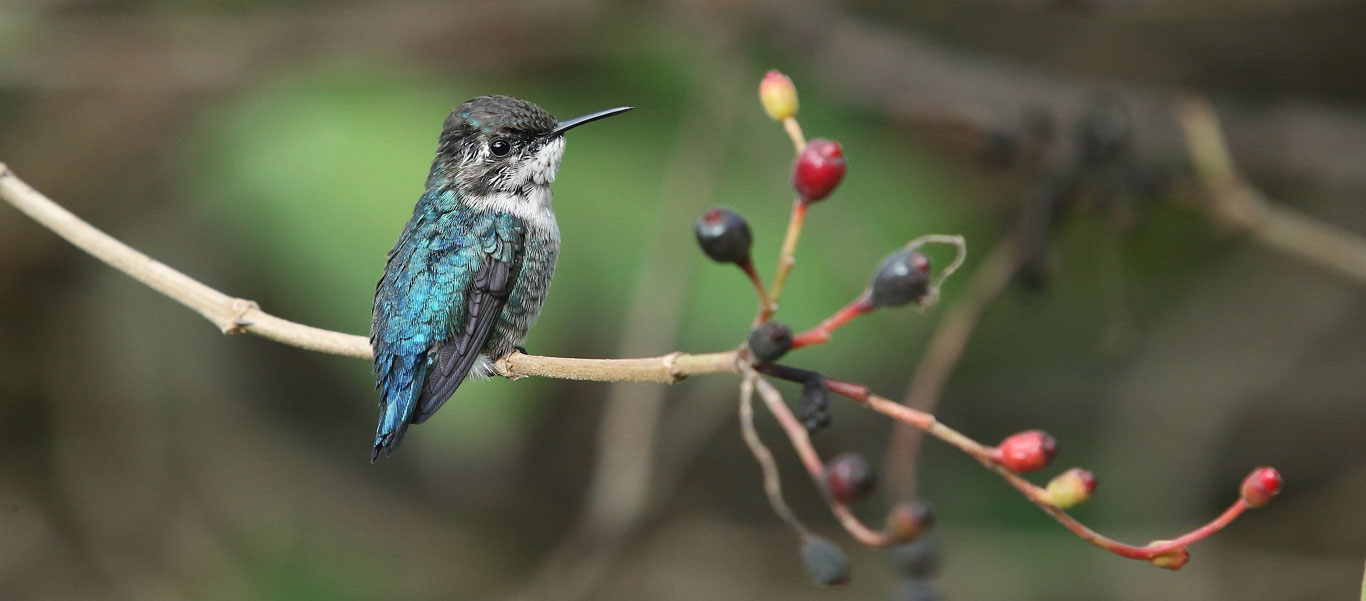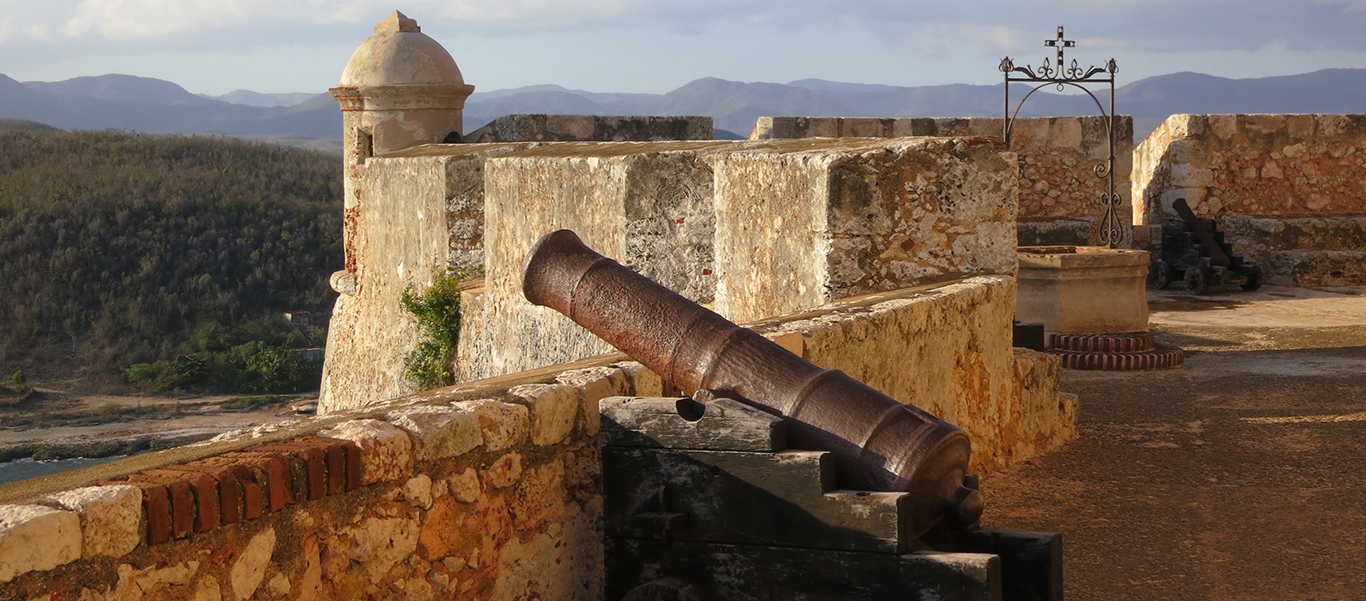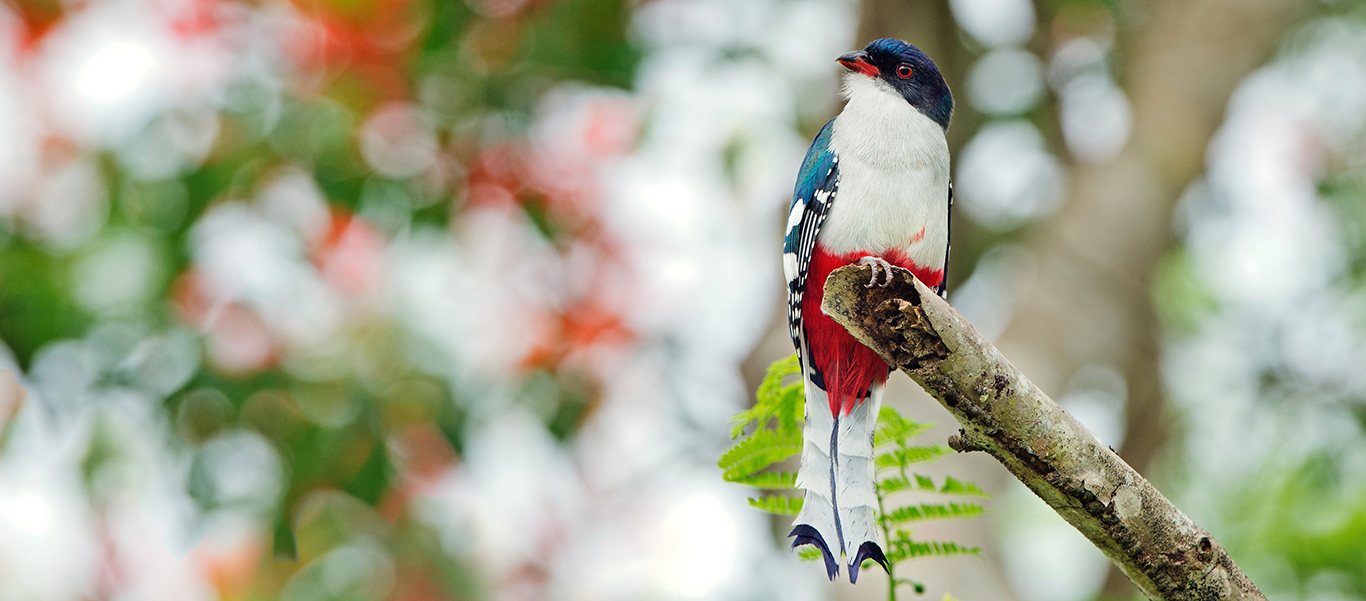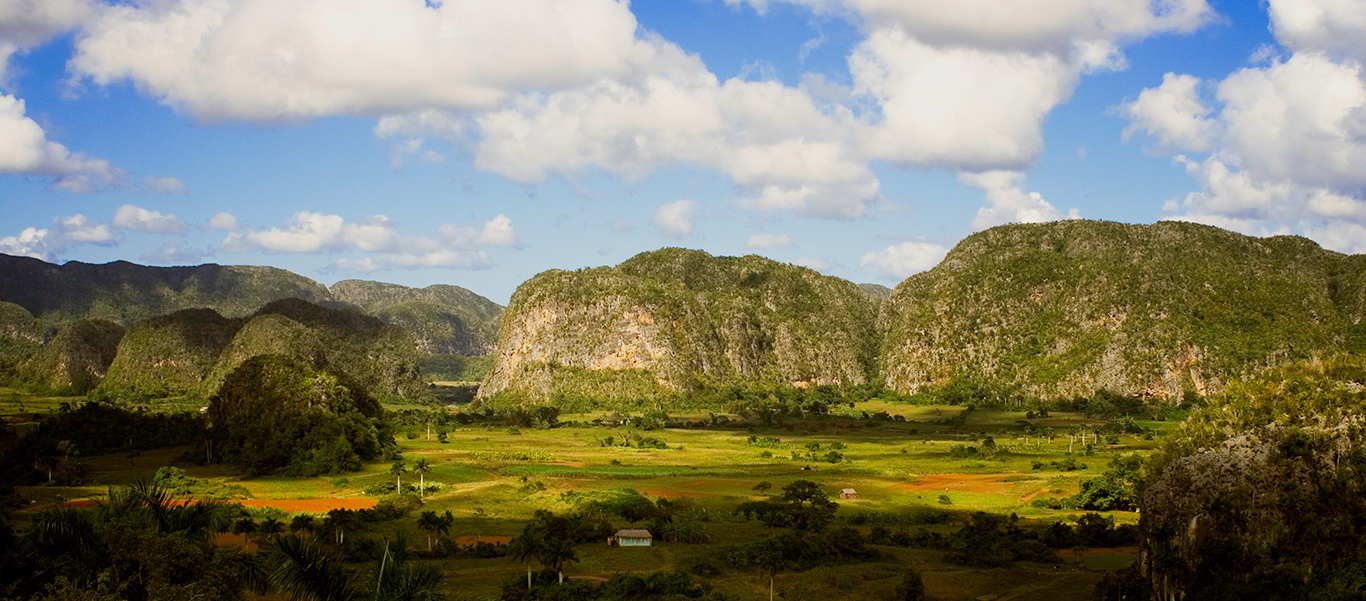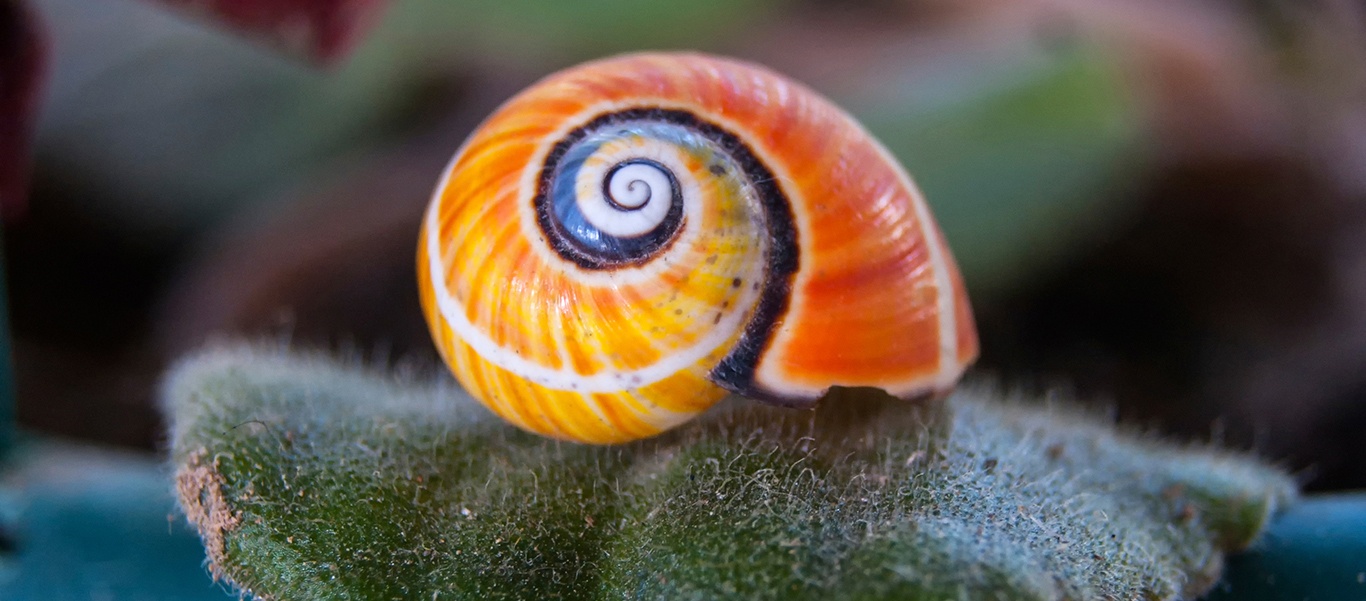Cuba
Cuba Tour
Cuba is a long, lean land of extremes. Though known more for its revolutionary politics than for its natural curiosities, this 780-mile-long “giant of the Antilles” is teeming with peculiar wildlife and vibrant culture—from the world’s smallest bird, the Bee Hummingbird, to vibrant rhythms and dances, to a unique culture and people. Join Apex as we meld the best of Cuba nature travel with the island’s distinct culture. Climb the very rainforest-draped mountains from which Fidel launched the Cuban Revolution. Listen for the trills of the endemic Zapata Wren, Zapata Sparrow, Cuban Trogon or Tocororo, and Cuban Tody. Visit four UNESCO World Heritage sites, from sleepy Baracoa, Cuba’s first Spanish settlement, to vibrant Havana, where, according to Graham Greene, “anything is possible.” Get to know the myriad landscapes and diverse people on our Cuba cultural tour across this unique and fascinating island.
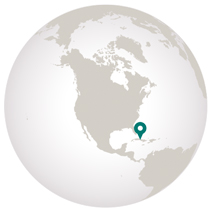
Destinations
- Travel by Air
- Travel by Road
- Travel by Boat
- Travel by Bullet Train
- Travel by Rail
- Travel by Dog Sled
-
Arrive Miami
Arrive in Miami and walk to the Miami International Airport Hotel, located in the airport. Meet your expedition leader and fellow travelers for a welcome dinner at the hotel. Join Dr. José Pineda, a Cuban scholar and observer of Cuba and U.S. relations, for an introductory presentation on Cuba.
-
Holguin / Baracoa
Enjoy breakfast at the hotel and then walk to your gate for the flight to Holguin, Cuba. After lunch on arrival, head out of town and watch as the scenery changes and the road winds into a high, mountainous area with switchbacks and breathtaking views, as you approach Baracoa, Cuba’s oldest city. Despite its illustrious history—it was Columbus’s second landfall in the New World, and Cuba’s first capital—today, Baracoa has a land-that-time-forgot quality to it. Located on an isolated stretch of coast, the town looks and feels antique, with its little fortresses and streets lined with wooden edifices. Once in Baracoa, meet the staff at the Office of the City Historian for a one-on-one conversation on the town’s history and current challenges. Continue eastward for dinner and overnight in private casas.
-
Baracoa
Alexander von Humboldt National Park, outside Baracoa, is considered to be the largest and best-preserved mountain and tropical rainforest ecosystem in all of the Antilles. This morning, after a presentation by the park’s mountain rangers, hike the Balcon de Iberia trail, keeping an eye out for some of the smallest fauna in the world: Butterfly Bats, Alto de Iberia frogs, Bee Hummingbirds, and Cuban Land Snails, the most colorful on Earth. Also watch for the Cuban Trogon, the country’s national bird. Afterward, drive to Ranchoa Toa for a lunch of roasted pig prepared over an open fire. After lunch, board a small boat to float down the Toa River, marveling at the majestic silhouette of El Yunque (the Anvil), the flat-topped mountain that looms 1,800 feet overhead, while keeping a watchful eye for birds and wildlife along the river banks. Afterward, join the children of the Atabey Arts Project for one of their sessions and assist them in their artistic projects. Converse with them to discover what it is like to grow up in a rural town in Cuba. Enjoy dinner then overnight in private casas.
-
Santiago de Cuba
Drive this morning to the province of Santiago de Cuba, and its eponymous capital city. Caught dramatically between the lush Sierra Maestra and the azure Caribbean Sea, Santiago de Cuba’s setting is ideal. Physically closer to Kingston, Jamaica, than to Havana, Santiago de Cuba is the center ofAfro-Cuban culture in Cuba and has a fearsome musical, cultural and political heritage. Socialist to the core, Santiago was a key stronghold during the nascent stages of the Revolution. Though it is Cuba’s second largest city, it feels compact, with a handful of key monuments. After lunch, visit the Moncada Barracks, where Fidel first attempted a coup in 1953. See Revolution Square and the exquisite colonial casas of Parque Céspedes. Visit Casa de las Tradiciones, for a discussion on the influence of African religion and traditions in the birth of Cuban culture. End your day at the imposing El Morro Fortress for panoramic sunset views. After dinner, get a taste of the city’s legendary rumba at the beautiful Casa de la Trova. Overnight at the Hotel Imperial.
-
Granma Province
This morning, drive to the cool, green peaks of Granma Province, named after the boat that brought Fidel Castro to Cuba in 1956. Here, revolutionary history and natural splendor collide in Cuba’s largest mountain range, the Sierra Maestra, rising steeply from the shores of the Caribbean. The Gran Parque Nacional Sierra Maestra is an alluring natural sanctuary for botanical wonders like dwarf orchids and Sabicu, a West Indian tree commonly used for shipbuilding. Ideally located within the park and along the Yara River, Villa Santo Domingo is your base for the afternoon and overnight. Explore the nature trails and along the banks of the Yara River searching for endemic birds such as Cuban Tody, Tocororo and Bee Hummingbird. After dinner, meet the women of a local agricultural farm, to discuss gender and race issues.
-
Camagüey
After breakfast, hike up from the quaint Villa Izlazul Santo Domingo to Fidel’s Hideout, the organizing and staging post for the Cuban revolution. Visit the completely preserved huts where Fidel and Che Guevara led their group of revolutionaries to ultimate victory. The views alone are worth the hike, with spectacular scenery and crisp, fresh mountain air. Next, drive to Camagüey, among the first Spanish settlements in the country, and one of the best maintained to this day. Stop in Bayamo along the way to walk the main plaza and enjoy lunch and some music at a local palador. After lunch continue the drive to Camagüey and check in to your hotel. Camagüey is known as “The Maze,” as it is a veritable labyrinth of blind alleys and twisting streets, originally designed to confound marauding pirates in the 16th century. Camagüey is not a tourist town, evidenced by the strong communal feel and the plethora of families gathered in the streets, parks, and restaurants. Join a local architect for a presentation on the regional architecture and the efforts to preserve it. Enjoy dinner near the impressive Iglesia de La Soledad and the beautifully-restored, cobblestone Plaza San Juan de Dios. Overnight at La Sevillana.
-
Camagüey
Depart early this morning for a drive to La Belen Reserve some 45 miles south of Camagüey. The reserve was originally created to care for some of Cuba’s famed prancing horses. These are still present, but nowadays the reserve is known as one of the best birding sites in the country, with well over 100 species present, including such specialties as Cuban Green Woodpecker, West Indian Woodpecker, Cuban Trogon, Cuban Crow, Palm Crow, and White-crowned and Scaly-naped pigeons. Following lunch, return to Camagüey for visits with local artists and a walk to view the city’s beautiful façades, elaborate churches and romantic squares. Dinner and overnight at La Sevillana.
-
Camagüey / Trinidad
After breakfast, drive to Trinidad, a UNESCO World Heritage Site, built with the enormous wealth begotten by the 19th century sugar and slave trades. Head out to the Valley of the Sugar Mills for a visit to a sugar plantation. See slave quarters and learn about slave history in relation to the sugar industry. Visit working plantation homes of the sugar barons. Tonight, strap your dancing shoes on, and enjoy dinner and music in Trinidad. Overnight at La Casona.
-
Trinidad
Head into the Sierra del Escambray, Cuba’s second longest mountain range. In 1958, Che Guevara set up camp in these mountains on his way to Santa Clara. These days, this same terrain harbors the 500-square-mile Topes de Collantes Natural Park, rife with caves, rivers, falls, grottos, canyons, and crystal-clear pools. Lichens, mosses, 100 species of ferns, and around 40 species of coffee grow in the shade of the rainforest’s tall mahogany and magnolia trees. Several important species live here, including the Cuban Tody, unique hummingbirds, and the handsome Tocororo, Cuba’s national bird. Return to Trinidad this afternoon. As will quickly become clear during your afternoon outing, no expense was spared in fashioning the finest Spanish colonial mansions, plazas and churches, evidenced at the former Cantero Sugar Palace (now the Museo Histórico Municipal), whose interiors are embellished with Baccarat crystal, frescoed walls, and marble statues. Meet the folks at the City Historian Office for a presentation on the history of their urban development and architecture and their efforts to preserve it along their push for touristic development. Enjoy dinner and overnight at La Casona.
-
Cienfuegos / Playa Girón
After breakfast, drive to the city of Cienfuegos, founded during the 19th-century sugar boom, where you take in the city’s striking arcade houses with a walking tour. See José Martí Park and its world-renowned Tomás Terry Theater, which saw the likes of Caruso and Bernhardt in its day. After lunch, join the Cantores de Cienfuegos Choir for a rehearsal. Then, head west toward Playa Larga to visit the renowned Bay of Pigs, the site of the failed 1961 U.S.-backed invasion of Cuba. The Bay of Pigs, and Playa Girón in particular, is a sort of national shrine to this David-over-Goliath victory. Dinner and overnight in Playa Girón.
-
Playa Girón
The first visit of the day is at the Museum of Playa Giron, to understand Cuban history from a Cuban perspective. Spend the rest of the morning exploring the Zapata Peninsula. The peninsula itself is almost entirely uninhabited—most of it is protected as part of the Zapata Swamp National Park, an Eden for birdwatchers. Here we’ll also search for the Bee Hummingbird, as well as many other species. After lunch, depart for a trek into the park to visit Las Salinas de Brito, arguably Cuba’s top birding spot, with 18 of the 21 endemic Cuban bird species represented. Local endemics include Zapata Wrens and Sparrows. Roseate Flamingos and Spoonbills abound in the lakes along thetrail.
-
Playa Girón / Viñales
Start the day with a breakfast presentation on the conservation of the reefs and marine life, to be followed by a morning snorkel at the Cueva de los Peces, a flooded cenote full of bright tropical fish and dramatic formations. After freshening up at the hotel, begin the scenic drive to the far west of Cuba through the rolling green hills of the Pinar del Río province. The landscape is quite unlike anything else you have seen in Cuba, as it is dominated by a unique string of limestone mountains and bluffs, or magotes. In their shadows are the lush green vegas, or fields, that produce the world’s finest tobacco leaves. The pace of life is slower here,with bullock-drawn carts being the preferred mode of transportation. Villages are dreamily small, each with its own vintage church and palm-fringed plaza. Arrive late afternoon and check in to the hotel with expansive views of the valley. Enjoy live music tonight at Centro Polo Montañez. Overnight at Jasmine’s.
-
Viñales / Havana
After an early breakfast, explore the unique landscape of the limestone-spiked Valle de Viñales by hiking down the trail to the valley floor. Scattered palm trees and pine forests on the area’s famous round-topped mogotes shelter a variety of endemic birds, including the Tocororo, Cuban Solitaire, Cuban Bullfinch, Cuban Emerald, and Cuban Grassquit. Enjoy lunch, then set out for a visit to a tobacco plantation. See the famous drying houses and learn about the life of a tobacco grower, and how to roll an authentic cigar.
This afternoon, drive to Havana, a true melting pot of African, European, and Caribbean cultures. Havana has a buoyant charm that surprises most visitors— rhythms pulse from every doorway and colorful colonial edifices line the streets. Havana has survived every sling and arrow that’s been thrown its way, and Habaneros, as they’re known, seem to have redoubled their infectious energy despite their city’s roller-coaster history. Join Dr. Ricardo Torres, for a pre-dinner conversation on the Cuban economy and current state of affairs. Dinner at Café del Oriente. Afterward, enjoy a visit to Hemingway’s hotel, Hotel Ambos Mundos, and El Floridita Bar. Overnight at the charming Santa Isabela located on the Plaza de Armas.
-
Havana
Today, join a local architect for an exploration of Havana’s colonial past. Wander the labyrinthine streets of Old Havana, a UNESCO World Heritage Site (founded in 1519), enjoying the incredible faded beauty of the baroque and neoclassical architecture in the four main plazas. Visit the 1558 Castillo de la Real Fuerza, the city’s first fortress, and San Salvador de la Punta, one of the best examples of Cuba’s military architecture. After lunch, visit the Hemingway House and Museum, Finca Vigía, and the fishing community of Cojimar, where Hemingway celebrated his Pulitzer Prize with Gregorio Fuentes, captain of his yacht and main character of The Old Man and the Sea. Enjoy a festive farewell dinner, then overnight at Santa Isabela.
-
Havana / Miami
Bask in the hustle and bustle of the Havana streets one last time, then transfer to the airport for your international flight to Miami.
This cultural and educational journey of Cuba is arranged with, and sponsored by, AC Journeys, a cultural and educational travel organization.

